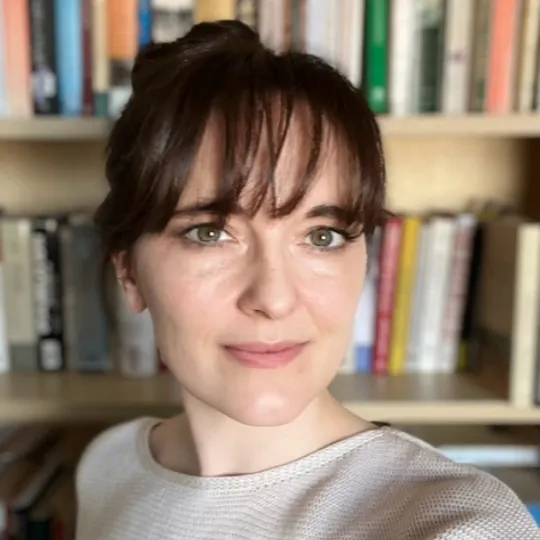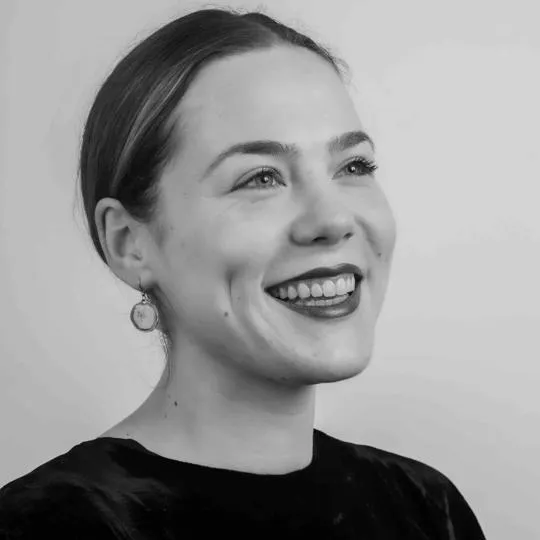The Environmental Security Research Group is a forum for collaboration between the security community and scholars working on issues of environmental security from multiple perspectives across different disciplines. It focuses, in particular, on supporting and developing educational, research and policy-related projects and activities on two key themes:
- The planetary, international, national and human security repercussions of climate change and biocapacity loss;
- The opportunities, challenges and limitations for security forces to help governments and societies manage, mitigate and adapt to these repercussions.
In bringing scholarly and practitioner expertise together on these issues, the research group aims to support security sector reform efforts to create sustainable, rule-of-law based security assistance for the proliferating environmental crises facing the world.
Activities
- Sharing and generating timely content and insights on current threats and innovations, to aid members of security forces, from senior policymakers through to entry-level officials;
- Supporting high quality, collaborative research projects and publications with academic and policy impact;
- Developing multi-disciplinary and evidence-based educational programmes, both within the higher education and security sectors;
- Enhancing the reach and impact of current Kings College London research around the theme of environmental security.
Membership
Associate membership is open to anyone engaged in ongoing research that is relevant to the group, or who has an interest in the group's focus of research.
To apply for associate membership please complete the application form.





